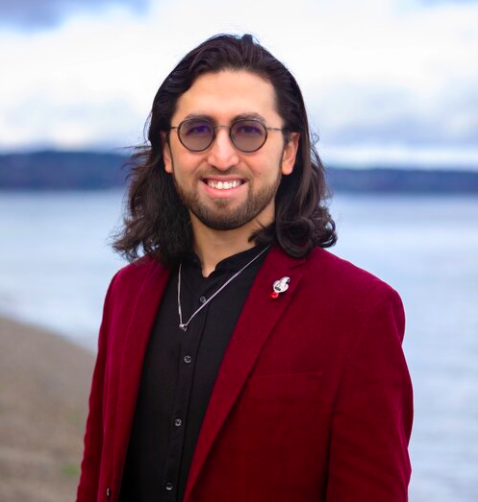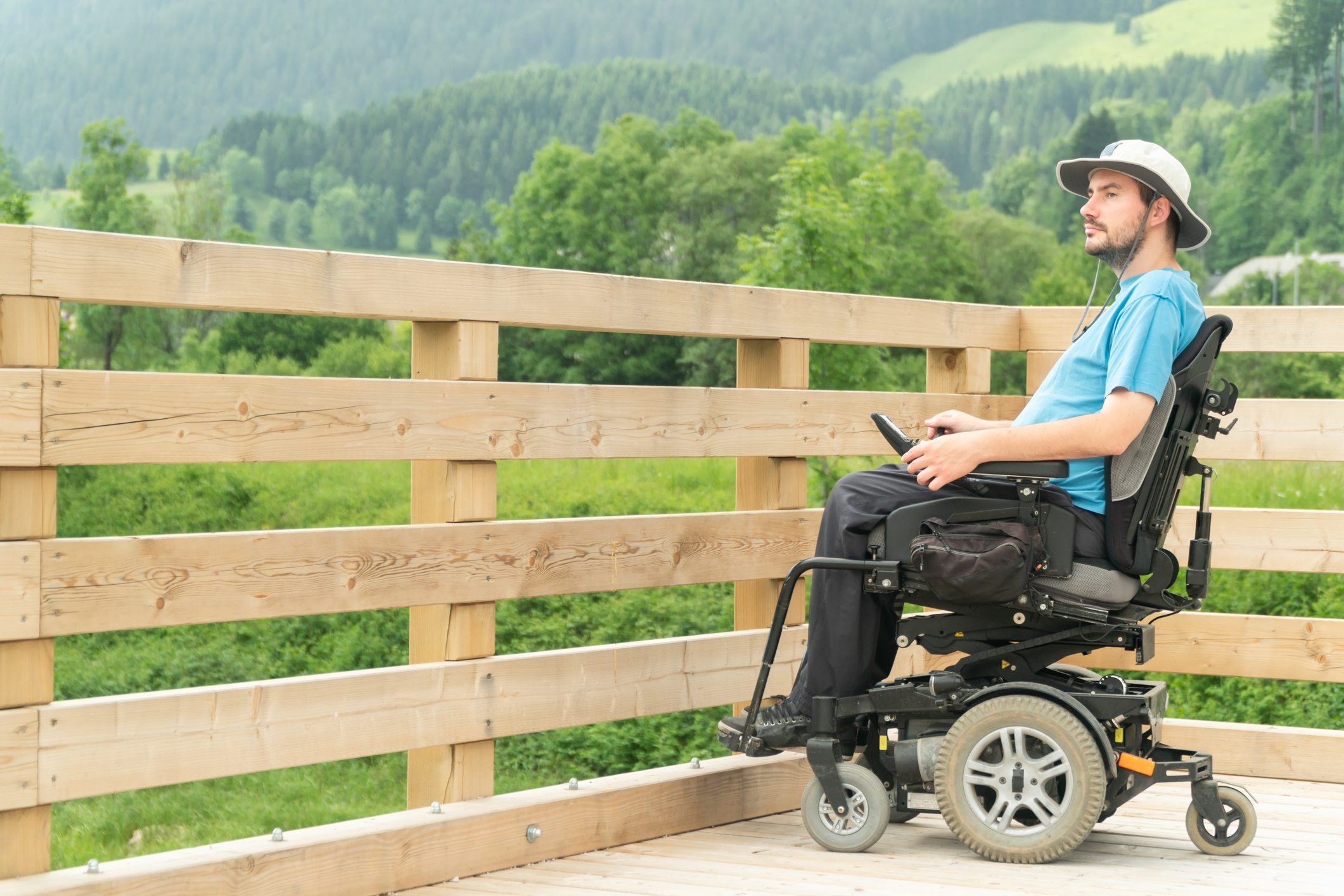
Many of the daily activities most of us take for granted are considerable challenges to those with neurological issues, but one Health Wildcatters entrepreneur is hoping to use artificial intelligence to transform the way those with ALS, Multiple Sclerosis, spinal cord injuries, and other disorders interact with the world.
Parrots is a company that has created a device that can assist in several ways. The device can help individuals navigate through the space, speak freely, and it learns with the patient to address their specific needs. Importantly, it is priced reasonably and can connect with other devices. The device can be ordered to take the actual form of a parrot and attaches to any wheelchair or bedside like a bird on a pirate’s shoulder.
Founder David Hojah is no stranger to the health tech world. With over a decade of experience, the Harvard educated entrepreneur has developed wheelchairs that convert into a walker, a medical drone for emergencies, and an autonomous personal transporter for manual wheelchair users to convert into an electric wheelchair. He was inspired to find a solution for those with neurological disorders by his aunt, who passed away from MS, for whom he was a caregiver at times.
“I believe there are millions of people out there who are just missing accessible technology to be the next scientist, engineer, designer, or whatever they want to be,” Hojah says. “I can use my talent and passion and skills to do something for them.”
The technology is an advancement from previous tools because of its speed and cost. For many devices that track eye movement or use a joystick to communicate, a single sentence can take minutes. The artificial intelligence in Parrot learns with the users, most of who use their eyes to navigate the communication element, speeding up the process. It can also connect to telehealth services and can be used to send an alarm to caregivers or family if something has gone wrong.
The device is constantly taking in new information about the surroundings and the user’s actions, analyzing body language and facial expressions to predict what might need to be said at any given moment. Without any special onboarding training, the intuitive system is ready for use on day one.
Hojah says the company focused on feedback from patients and caregivers during development, speaking with everyone they could to develop the best device. They have leveraged assistive tech conferences, as well as disease foundations and the VA to find patients to test the early prototypes.
He remembers one breakthrough moment in the Harvard Innovation Lab, where the product was developed. ” I went to one of the patients with multiple sclerosis, and I set up the device. ‘Now you can use system try to communicate with me using your eyes,'” Hojah told the patient. “He did, and he was so happy. I looked at his eyes, and for that moment, he was about to cry. I felt that I was doing something amazing here. I want to help everyone, whatever it takes.”
Hojah found his way to Health Wildcatters, the Dallas-based healthcare startup accelerator, through entrepreneur connections who had been in previous cohorts. He thought the focus on healthcare was necessary for this stage in development. ” We can’t just apply to any program. We want something specifically for our needs,” Hojah says. “It matched our financial, marketing, and business needs, and we saw it was a good fit.”
Right now, the company has around 200 active users, but after winning awards at South by Southwest and making appearances on the Today Show, the company is poised to grow quickly. Eventually, Hojah wants to expand the device’s use to serve those with other issues. “The business has a social impact and is something with a great purpose,”Hojah says. “We’re doing something great, and I’m passionate about helping many more.”






